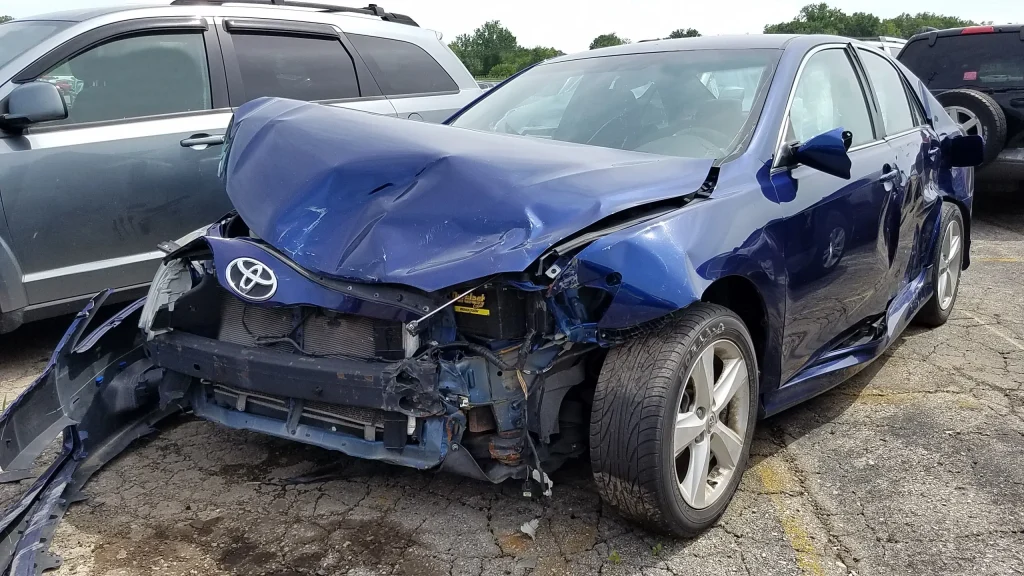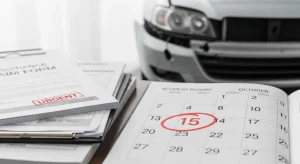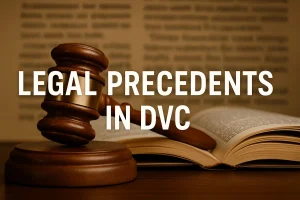When your car is declared a total loss, it’s easy to feel overwhelmed. The insurer may push for a fast signature to settle the claim—but doing so too quickly can cost you money, options, and legal rights. In this article, you’ll learn exactly why you should slow down, what red flags to watch for, and how to protect yourself during the settlement process.
What Is a Total Loss Settlement?
A total loss settlement is what your insurance company offers you when your vehicle is deemed beyond reasonable repair. This payout is meant to reflect the actual cash value (ACV) of your car before the accident.
However, the first offer is rarely the best. Insurers often calculate total loss values in their favor. That’s why it’s important to fully understand your vehicle’s worth before agreeing to anything.
Why You Shouldn’t Rush the Process
1. You May Miss Unseen Damage
Vehicles can have hidden mechanical or structural issues that don’t show up until days after the accident. Signing early could leave you stuck with repairs not covered in the settlement.
2. Medical Costs Aren’t Always Immediate
Soft tissue injuries and delayed symptoms are common in car accidents. Settling before a full medical evaluation could prevent you from claiming future treatment costs.
3. You Might Waive Important Rights
Most settlement agreements include a release of liability. Once signed, you typically can’t ask for more—even if new issues arise later.
Common Mistakes That Hurt Your Claim

- Accepting the first offer without research
- Not checking your car’s pre-accident market value
- Failing to read the fine print
- Signing while still shaken from the crash
- Skipping professional advice
How to Protect Yourself
Get a Second Opinion
Request a professional appraisal or consult a diminished value expert. Your car might be worth more than the insurer claims.
Read Before You Sign
Look closely at what you’re agreeing to. Does the release include all damages? Are any future claims excluded?
Know Your Rights
Each state has its own laws about total loss claims. You may have more power than the insurer lets on—especially in states with consumer-friendly insurance laws.
Document Everything
Keep repair records, emails, and estimates. These documents are your best defense if you need to dispute the settlement.
When It’s Safe to Sign

Only consider signing a settlement when:
- The repair or market value has been properly verified
- You’ve completed all medical evaluations
- You understand the full terms of the agreement
- You’ve had time to consult an appraiser or legal professional
Final Thoughts: Slow Down to Protect Your Future
Insurance companies benefit when you rush. You don’t. Take your time, ask questions, and make sure the amount reflects your actual loss—not just what’s convenient for them.
A total loss doesn’t have to mean a total loss for you. Be informed, be cautious, and you’ll walk away with what you’re rightfully owed.



